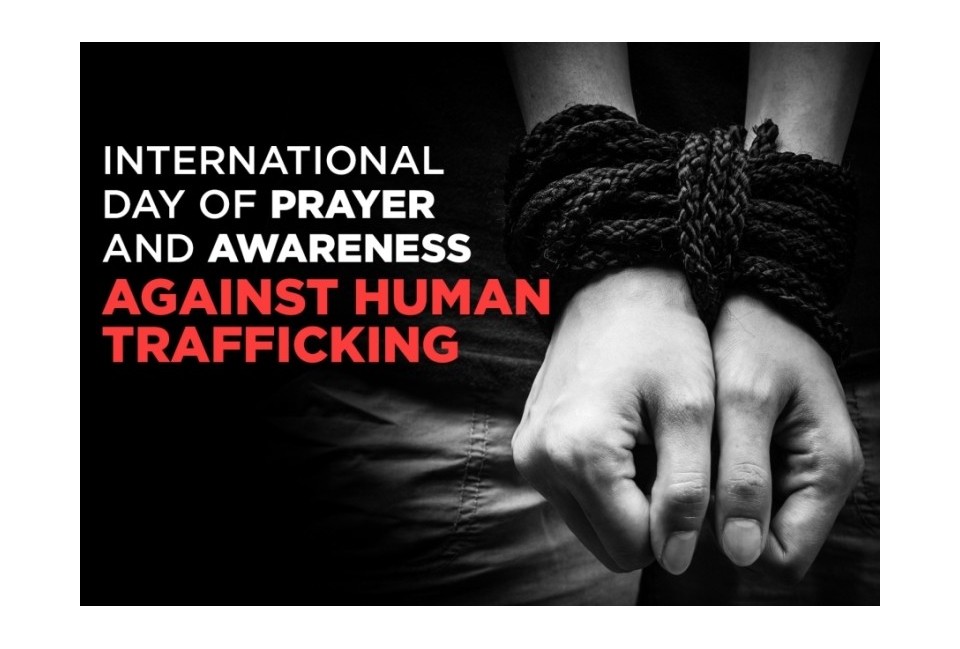The Shadow Pandemic

Understanding and Combating Human Trafficking
Human trafficking, a brutal exploitation of individuals for profit, remains a pervasive global issue, casting a dark shadow over human rights. It is a complex crime that strips victims of their freedom, dignity, and fundamental rights, often leaving lasting physical and psychological scars. Understanding its multifaceted nature and implementing effective preventive measures are crucial to combating this heinous crime.
At its core, human trafficking involves the recruitment, transportation, transfer, harboring, or receipt of persons by means of threat or use of force or other forms of coercion, of abduction, of fraud, of deception, of the abuse of power or of a position of vulnerability or of the giving or receiving of payments or benefits to achieve the consent of a person having control over another person, for the purpose of exploitation. This exploitation can take various forms, including sexual exploitation, forced labor, slavery or practices similar to slavery, servitude, or the removal of organs.
Several crucial aspects underpin the issue of human trafficking. Vulnerability plays a significant role, with individuals from marginalized communities, those facing poverty, lack of education, displacement, or social instability being particularly susceptible. Traffickers often prey on these vulnerabilities, offering false promises of employment, education, or a better life. The demand side fuels the trafficking industry, whether it's the demand for cheap labor in various sectors or the demand for commercial sex. This demand creates a lucrative market for traffickers. Furthermore, the transnational nature of many trafficking operations complicates efforts to combat it, requiring international cooperation and coordination between law enforcement agencies across borders. The insidious use of technology, particularly the internet and social media, has also become a significant tool for traffickers in recruitment and exploitation.
The consequences for victims are devastating. They endure physical and emotional abuse, isolation, loss of identity, and long-term trauma. The economic and social costs are also substantial, undermining the rule of law, fueling organized crime, and hindering sustainable development.
Preventing human trafficking requires a multi-pronged approach addressing both the supply and demand sides. Strengthening legal frameworks and ensuring stringent enforcement are paramount. This includes enacting comprehensive anti-trafficking laws, increasing penalties for traffickers, and providing legal protection and support for victims. Raising awareness among vulnerable populations and the general public about the risks and tactics used by traffickers is crucial. Education campaigns targeting at-risk communities, highlighting safe migration practices, and dispelling myths about trafficking can empower individuals to protect themselves and others.
Comments
No comment at this time!
Leave your comment